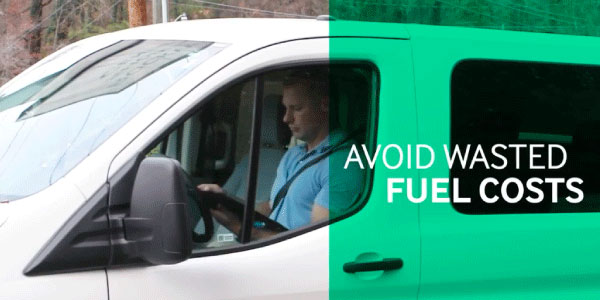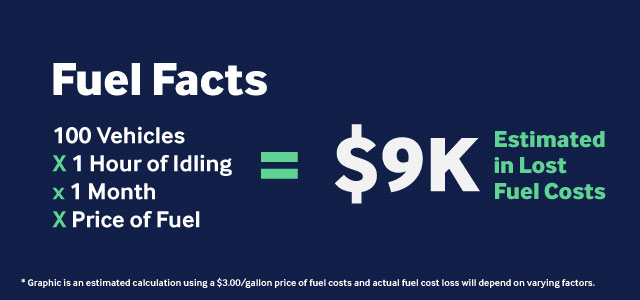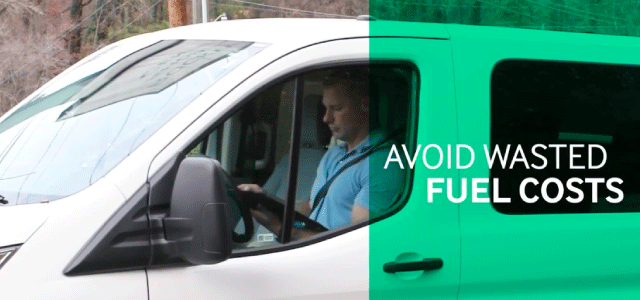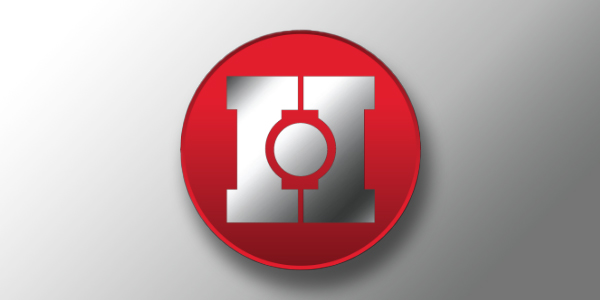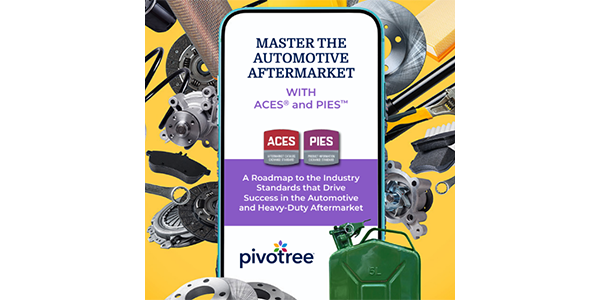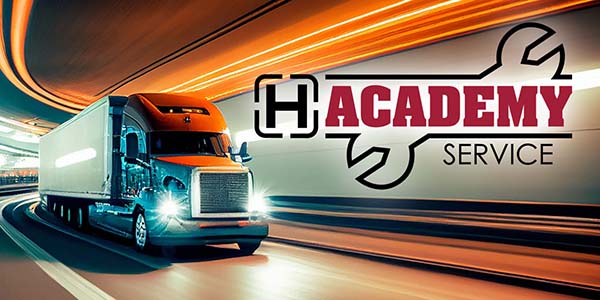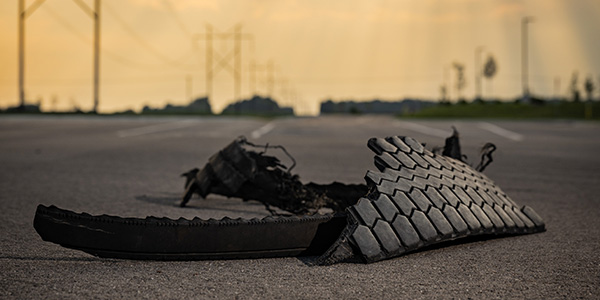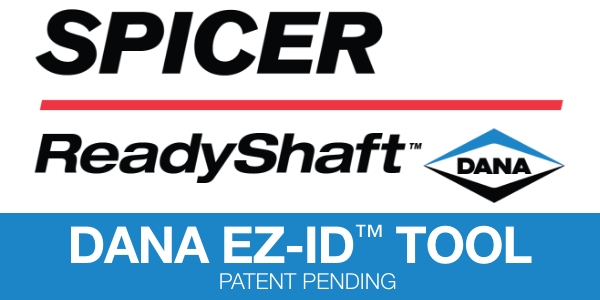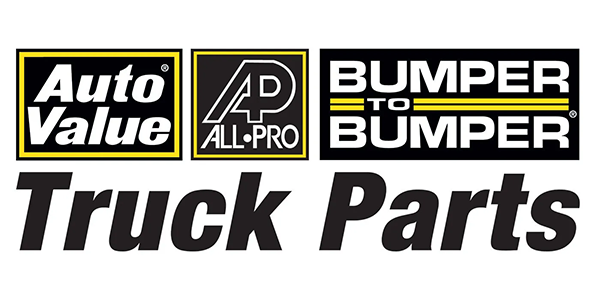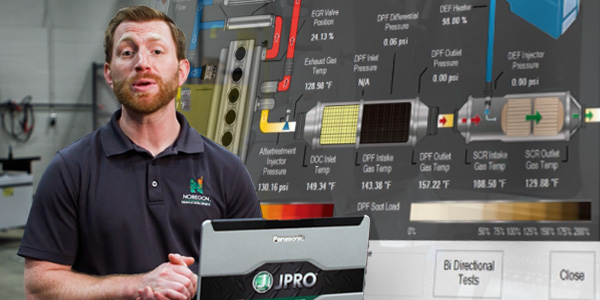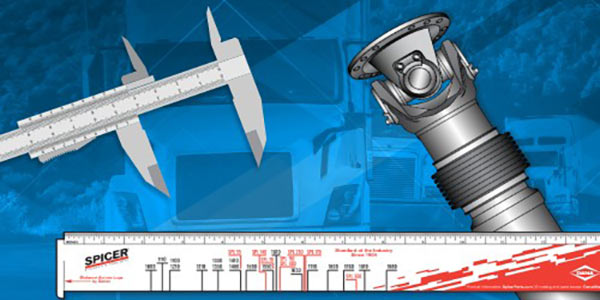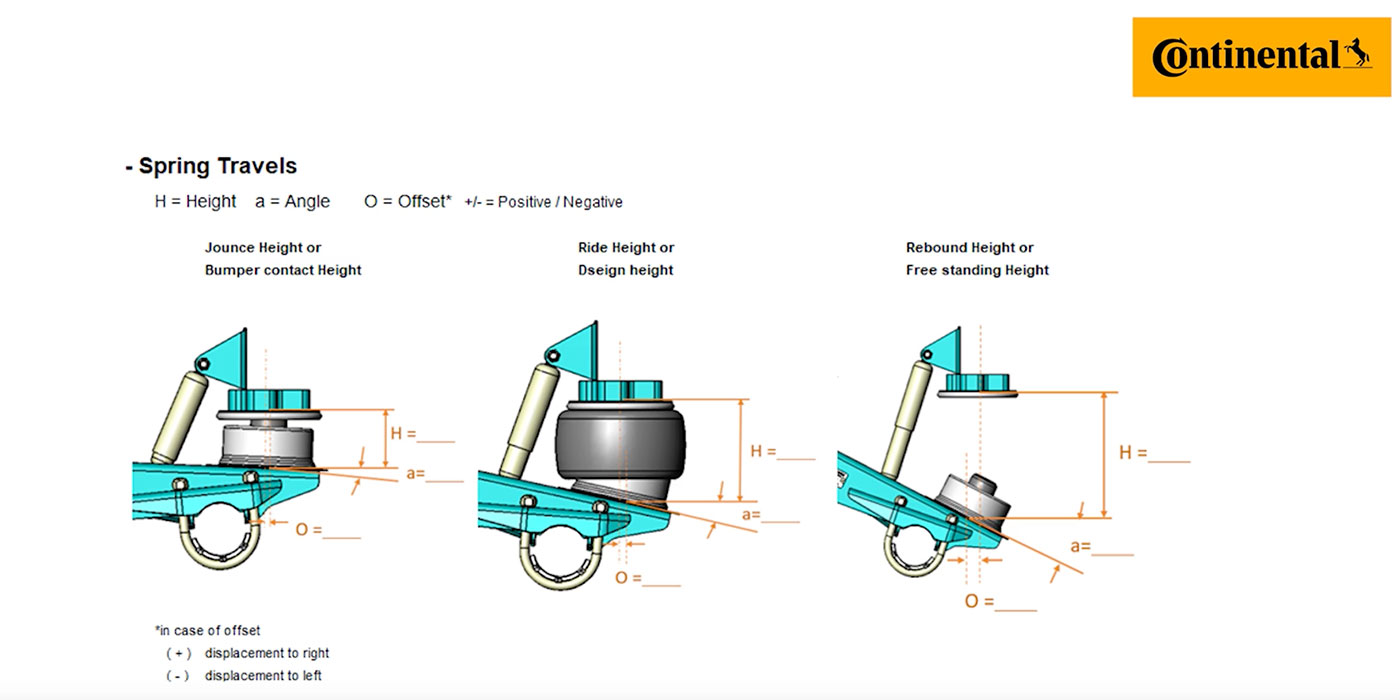Reducing idling can provide benefits to fleets of all sizes. Though tackling the challenge may seem minuscule in comparison to other fleet management challenges, there are significant reasons to pay attention to it and cost benefiting reasons to reduce it. With some fleet managers already implementing solutions to reduce vehicle idling automatically and states putting in regulations to decrease idling on their roads, it is an area that cannot be ignored. Nor should it considering the positive areas it can impact in and outside of fleet operations.
To Improve the Bottom Line
When Kevin Schlangen, Fleet Manager of Dakota County Minnesota, sought out to source a solution to improve fuel economy for his 380- vehicle fleet, he desired an automated option. After implementing an advanced telematics solution to upgrade their fleet fuel efficiency, Schlangen’s vehicles experienced 6-15% improvement in fuel use and an estimated $25-$70 per month savings in costs per vehicle. A substantial amount when multiplied across operations.
Whether it be a small, medium or enterprise sized fleet, fuel costs can impact the bottom line.
In a recent fuel use chart provided by Minute Man Trucks, every hour of idling wastes nearly one gallon of fuel. With a fleet of 100 vehicles, a daily idling of one hour a day per vehicle can result in nearly $9K in fuel cost losses a month assuming fuel costs are around $3 per gallon. Enough for fleets of all sizes to follow Kevin’s lead.
To Improve Fleet Sustainability
Idling not only impacts fuel costs which are part of operational spend, idling can also impact the lifetime of the vehicle. Wear and tear on a vehicle engine can lead to engine performance issues. Over activation of the vehicle engine can result in increased vehicle maintenance and thus, increased operating costs. Aside from fuel costs, vehicle oil changes and fuel check-ups can all increase as a result of excessive idling. None of which positively impacts the overall lifecycle of the vehicle and provides even more reason to tackle the idling issue before it adds to unwanted expenses.
To Avoid Costly Idling Fines
Many states nationwide are cracking down idling in effort to reduce harmful fuel emissions. According to the E.P.A 31 states and Washington, D.C. have put in place regulations that prohibit vehicle idling. These crackdowns can cost fleets quite a bit if not taken into consideration when repeat offenses can be in the thousands. Such fines can set fleets back in cost quite a bit but can be avoided with the right fleet vehicle technology.
For the Health of Our Climate
Vehicle idling is a known contributor to climate change. According to the U.S. Environmental Protection Agency, in 2016 greenhouse gas emissions from transportation accounted for around 28.5 percent of the total of U.S. greenhouse gas emissions. This percentage was the largest contributor in comparison to agriculture, industry, electricity and commercial and residential contributors. An area of opportunity for improvement.
Solutions to Reduce Idling
Utilizing fleet telematics solutions can assist fleets in identifying where idling reduction can occur within operations. Additionally, advanced telematics solutions can go beyond data capture to modify fuel use during idle to deliver a direct improvement. Being able to set manager defined idle shut-off parameters can enable fleets to experience benefits sooner rather than later. When combined with driver education, the potential for improved operations and ability to reduce costs associated with idling becomes even more attainable.
Sometimes unavoidable, vehicle idling is a costly and environmentally harmful act that needs more attention from all. Fleet managers responsible for vehicle operations of any size should look into technologies that reduce idling as effortlessly as possible. The results could be a savings to the bottom line much like Kevin Schlangen, of Dakota County, Minnesota or even greater, a healthier climate and safer air quality. More than enough reason to take action
This article was sponsored by Derive Systems. For more information, please visit our website at www.derivesystems.com

